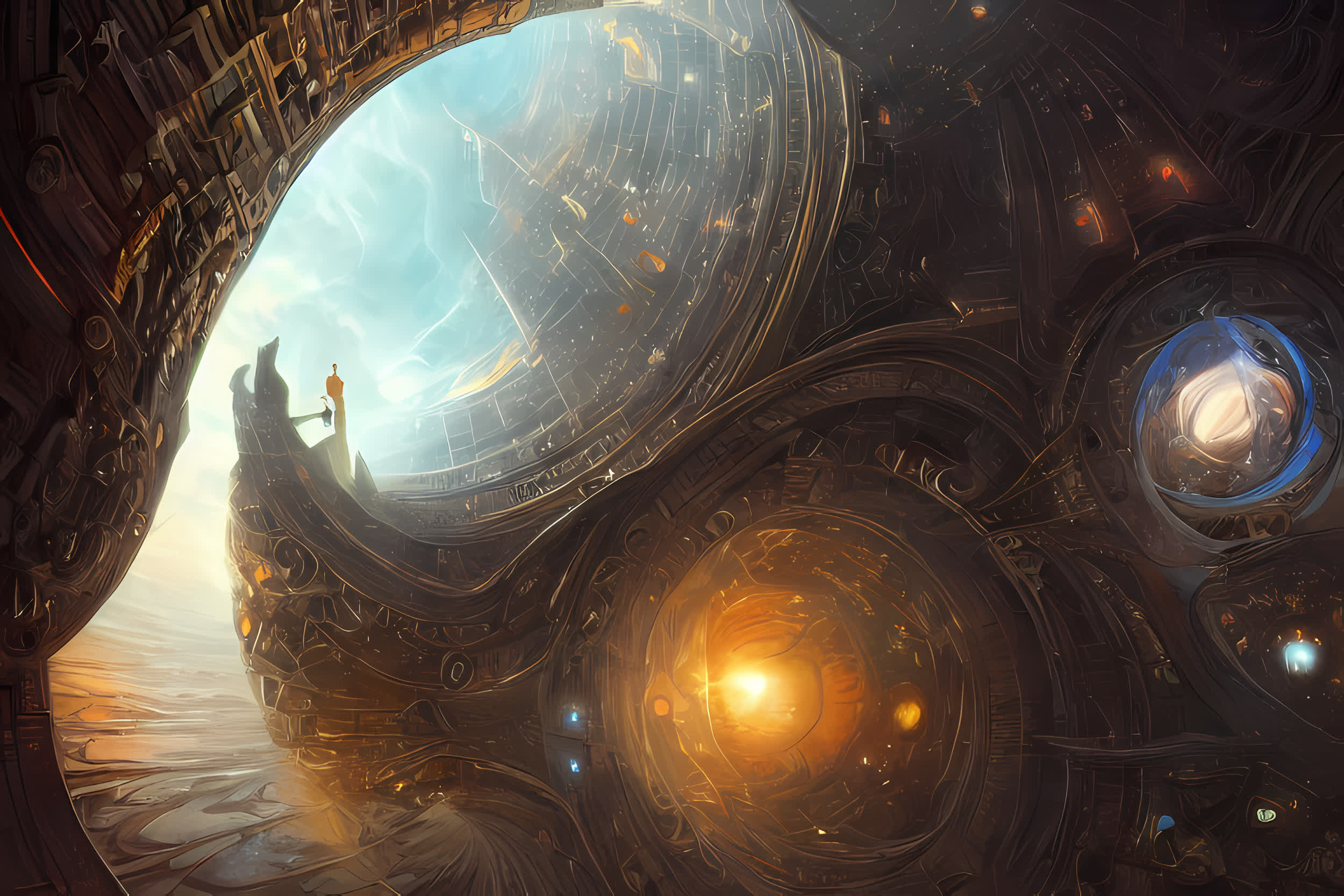What just happened? In addition to concerns about AI-generated content taking human jobs, it seems there are also questions regarding the material these tools are trained on. In the case of the art-creating systems Stable Diffusion and Midjourney, their developers are being sued alongside portfolio site DeviantArt by three artists for allegedly violating copyright laws.

AI-powered content-generating tools have seen their popularity explode in recent months, but it hasn't stopped the controversy that surrounds them. That's been especially true of systems that create art. The problem was highlighted last September when the Colorado State Fair's contest for emerging digital artists was by Jason M. Allen, who created his entry using Midjourney.
Midjourney and Stable Diffusion are trained on billions of images. In the case of the latter, it uses selected datasets from the LAION-5B project, a collection of 5 billion images and associated descriptive captions created by a German-based research non-profit. The scraping is usually done without the artists' consent and can be used to imitate their art style. Now, three artists—Sarah Andersen, Kelly McKernan and Karla Ortiz—say this is a violation of several copyright laws.
words of David Holz (midjourney founder), from forbes article (link below): pic.twitter.com/rnWP28rrag
— Maciej Kuciara (@maciej_kuciara) December 20, 2022
The trio have launched a class action on behalf of all artists affected and are "seeking compensation for damages caused by Stability AI, DeviantArt, and Midjourney, and an injunction to prevent future harms."
"The lawsuit alleges direct copyright infringement, vicarious copyright infringement related to forgeries, violations of the Digital Millennium Copyright Act (DMCA), violation of class members' rights of publicity, breach of contract related to the DeviantArt Terms of Service, and various violations of California's unfair competition laws."
Lawyer and typographer Matthew Butterick, who filed the case alongside antitrust and class action specialist Joseph Saveri Law Firm, writes that many people, especially writers, artists, programmers, and other creators, are concerned about AI systems being trained on copyrighted work with no consent, credit, or compensation. He adds that the latest case is a step toward making AI fair and ethical for everyone.
Butterick and Saveri are also currently suing Microsoft, GitHub, and OpenAI in a similar case revolving around the AI programming model CoPilot.
As noted by The Verge, the question of whether AIs being trained on swathes of content violates copyright laws is a complicated one. Their creators argue that it falls under the fair use policy in the US, but that will likely need to be proved in the courts.
https://www.techspot.com/news/97276-artists-launch-copyright-lawsuit-against-ai-art-generators.html